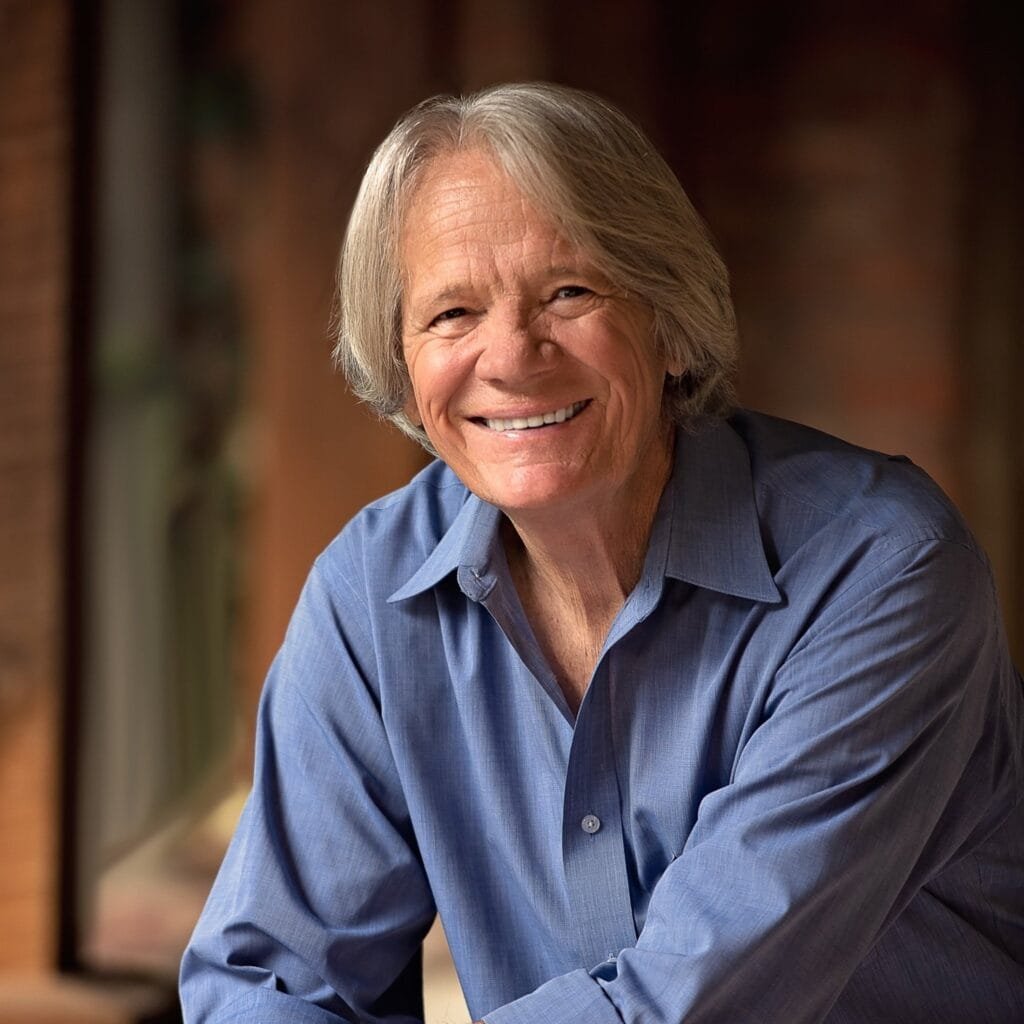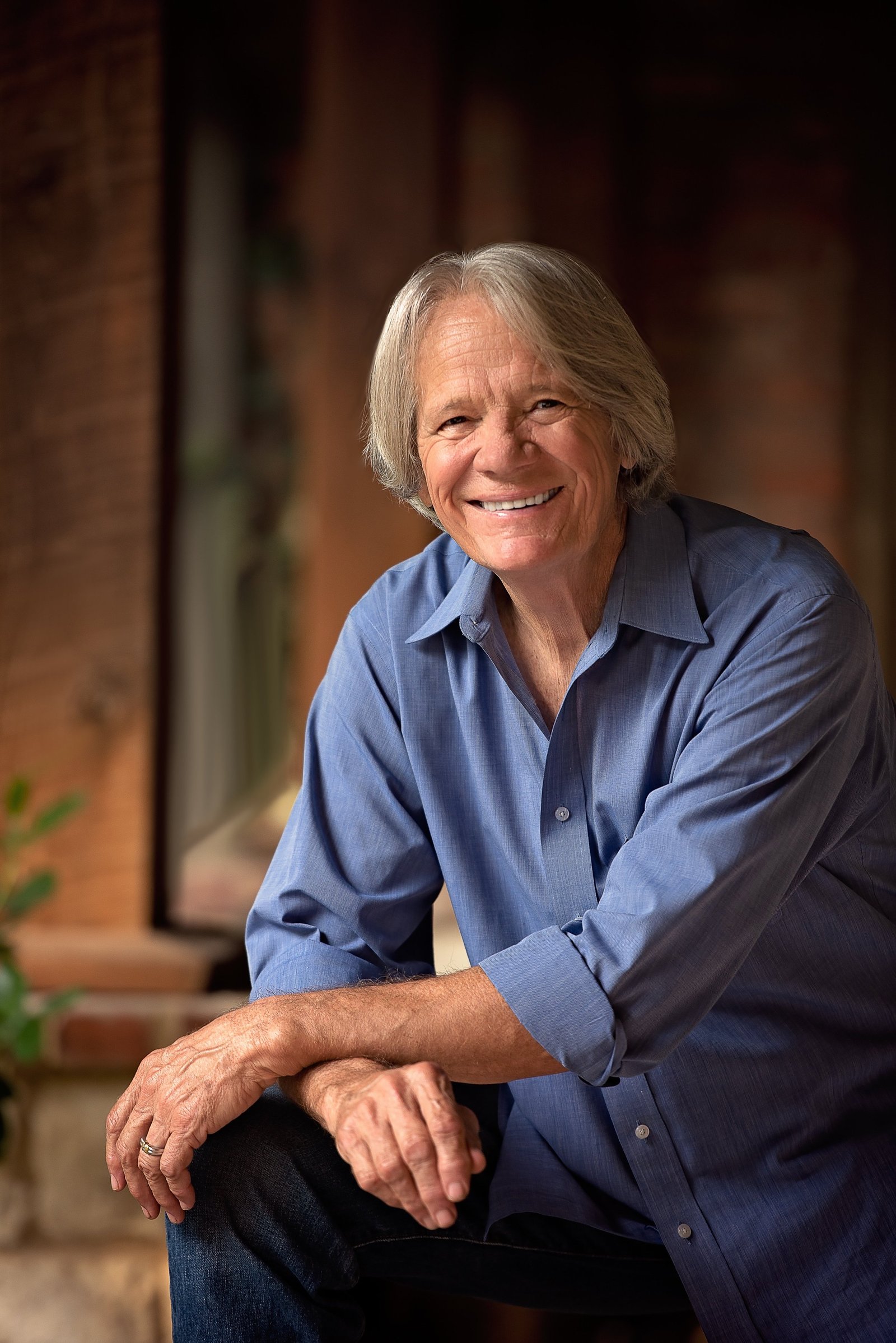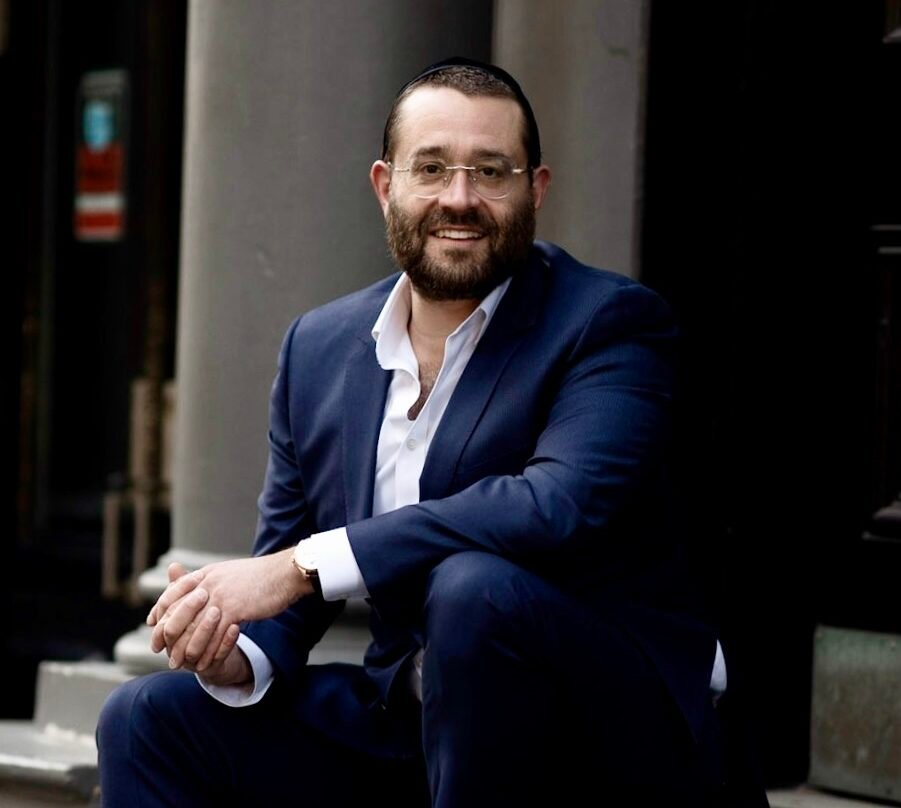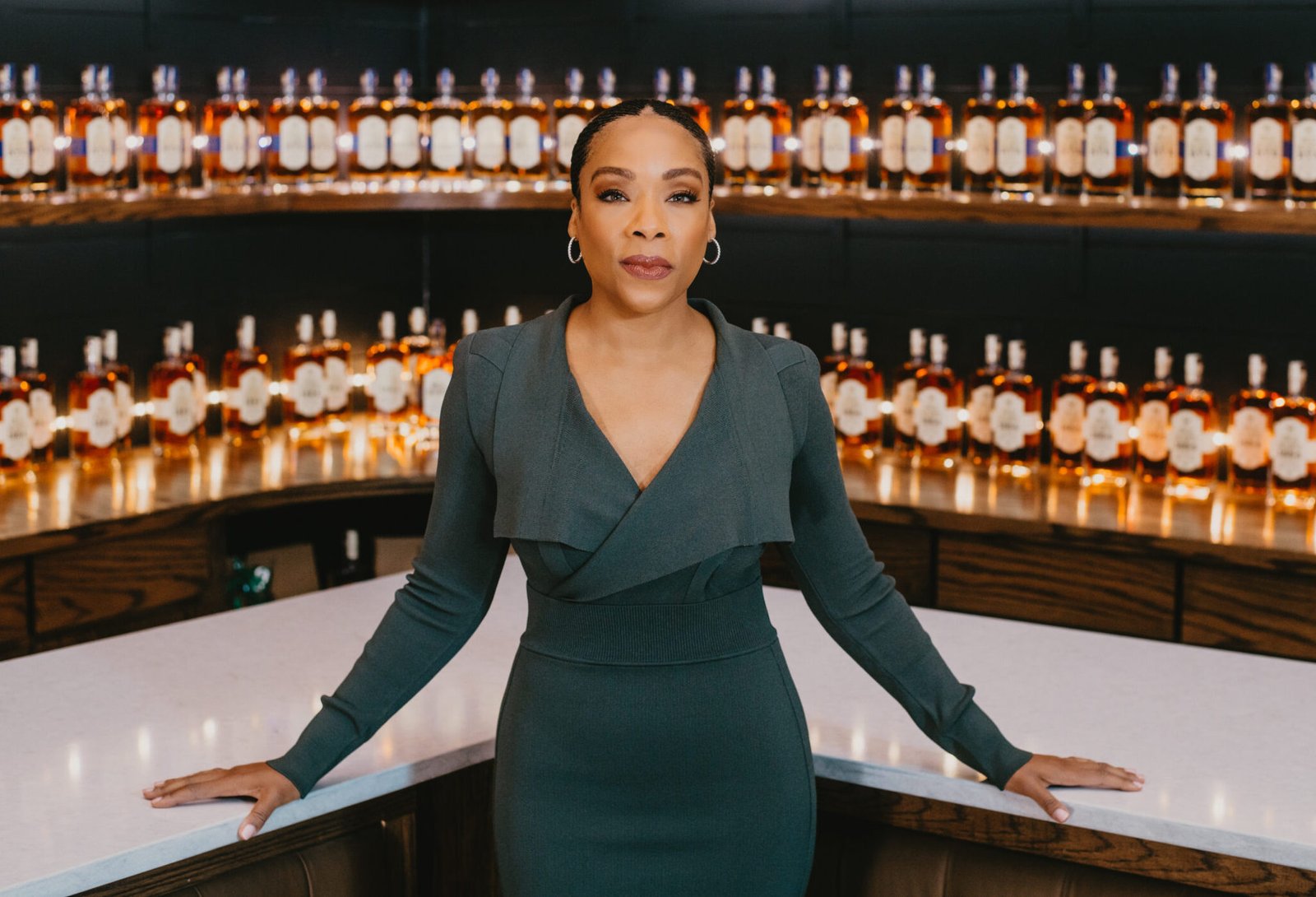Several years ago, I interviewed Steve Rigby, CEO or New Wings and author of S.M.I.L.E.: How a People-First Philosophy Creates Extraordinary Sales, in an interview originally published in Thrive Global. Here is an excerpt from our conversation:
Adam: Thanks again for taking the time to share your best sales advice. First things first, though, I am sure readers would love to learn more about you. How did you get here?
Steve: And thank you, Adam, for this privilege, and for your question. If your “here” is about becoming an author, I’m still trying to figure that out myself. I took a break from college my sophomore year – I didn’t quit, I just haven’t returned yet. I was tired of studying, I was bored with books and just wanted to go to work. I don’t think I had actually read another book until at the age of 40, a rookie salesperson on my sales team in Dallas gave me a copy of Dr. Stephen Covey’s The 7 Habits. That book changed my life. It taught me I still had a lot to learn and books were an easy and quick resource for knowledge.
Being new to management I then went to the bookstore to purchase books on managing and came across Ken Blanchard’s book, The One-Minute Manager. That book, and the hundreds and hundreds of other great books I’ve read since have helped shape and influence my life in countless ways – all for the better I hope. I actually received an endorsement from Ken for my last book! What an honor!
Some years back, at the request of many of my students who shared I was a strong influence in their lives, encouraged me to put my experiences of life and sales into a book. I’m glad I took their advice. Having enjoyed great success with the first, I’ve just finished my second and have ideas for several more. We’ll see.
Adam: What is the single biggest sales mistake you have ever made and what did you learn from it?
Steve: My last month in new home sales, I had already accepted a sales management position with my company in another city, was on their payroll, and was offered the opportunity to receive 100% of all commissions I would sell that final month. So, I turned up the selling burners. I focused on the commissions I would potentially make, instead of on helping and serving my guests putting their needs and interests first. The families were smart enough to recognize I was focused on making a dollar as opposed to making a difference. As a result, it was my only month in new home sales where I didn’t sell a single home!
I learned people know when they’re being sold, and they don’t like that feeling!
Adam: In your experience, what are the key pitfalls to succeeding in sales and how can you overcome them?
Steve: It may sound simple but the key pitfall is perspective – how salespeople see not only what they do, but how they feel about their product, as well as how they see the market itself. Allow me to explain…
-
If what they do feels like a job, they will treat it like a job. If they feel like they have to go to work, they’ll treat it as work and will not enjoy what they do. The result? They’ll struggle. If however, they feel like what they do is a privilege, that they get to have fun with their guests, that they love what they do – they will succeed.
-
If they feel their product is inferior to the competition or is overpriced, they’ll prove it true and won’t sell as much. Plus, they’ll end up discounting the price to buy the business, resulting in a loss of margins for their company.
-
If they feel the market is slowing down or is bad and no one is buying, they’ll prove themselves right. The market will be bad for them! If however, they see the market as good, as a great time for their guests to be purchasing, they will sell well.
It’s all about perspective! They’ll be right either way!
Adam: What are your three best tips on selling?
Steve: After choosing the right perspective (see above), they need to…
-
Truly care about the guests they serve and the company they represent. Treat both with respect and dignity and represent each with integrity. They are there to represent both and have the best interests of both at heart.
-
Make the person who’s purchasing feel more important than the product they’re selling. Put the relationship first, and the product second. Once the guests buy them, the product is easy to sell.
-
Listen more than talk. Ask questions to truly understand their guests as people, and the situation they’re hoping to improve. The more they ask, the better they understand, and the more they are trusted.
Adam: What is your sales methodology?
Steve: Everything I teach in sales revolves around relationships – around people. It’s not salesperson and customer. It’s one person, serving another person. It’s people and people. And because as people, we can all be broken down into 1 of 4 personality styles (with each style viewing the world differently), it’s imperative that sales professionals first learn which style they are – including their strengths and limitations. With that accomplished, once they recognize the style of the person with whom they’re interacting, the sales professional will make the necessary adjustments that will enable them to interact more effectively with their guests. For example, if their guests are into numbers and details, the sales professional best discuss numbers and details. If their guests are big-picture folks, they’ll not focus on the details with that guest. Details would bore those guests. Essentially, they’ll treat their guests the way their guests want to be treated.
Adam: What sets your approach apart from others in your industry?
Steve: My approach doesn’t focus on product, it focuses on people. It doesn’t concentrate on closing, it emphasizes caring. It’s not about income, it’s about outcome. It’s not about making a dollar, it’s about making a difference. When a sales professional’s purpose is about people, about caring, about outcome, and making a difference…they outsell everyone! They always have! They always will!
Because I’ve got 30-plus years in real estate and homebuilding, the referrals I receive – and all our business is from referrals – that’s where I’ve spent the majority of my time. The best tip I can offer to selling in real estate and homebuilding – which by the way, is what I would suggest for all industries – is also the simplest…put people first! Make it about the relationship – not salesmanship!
Adam: What do you believe is the hardest step in the sales process and how can it best be navigated?
Steve: The hardest step in the sales process is what occurs within the first few minutes. It’s building trust. It’s connecting with your guests on a personal level. The reason it’s the hardest is because most industries make it that way. Most sales processes teach product – the knowledge of it, and how to pitch it. So, salespeople are either taught it, or they witness it as consumers and think that’s the way you’re supposed to sell. They think sales is persuasion.
Adam: What are your best tips for improving your close rate?
Steve: Respectfully, I don’t use the term “close rate.” It’s a business term that’s about numbers. “What percentage of families did I help improve their situation” is how I choose to view my success. Again, it’s all about people and the kind of difference I can make in another person’s life.
So, to answer the question…
-
after establishing a solid relationship of trust getting to know the person as a person,
-
and after asking the questions that help me understand their situation,
-
I simplify the decision-making process into a number of smaller decisions. I’ll share with my guests that the buying decision is not one big decision, but instead, is a series of small decisions of which I’ll ask (and sometimes lead based on the level of experience) them what those are.
-
I’ll then write those down into a list, and ask them where they’d like to begin.
-
I’ll circle their answer, and then address it with a series of questions that helps me and them understand what’s important to consider there.
-
We’ll discuss it in detail, look at the best solution offered in the way of my product or service.
-
If what is offered works, we’ll check it off and move to the next item on the list.
-
Once we’ve gotten enough yes’s – checked off enough boxes on the list – we and they will know whether they need to say yes, or if we need to search out a different product or solution.
This process will work in their and our favor 60 to 80 percent of the time, or more!
Adam: What is your best advice around making the ask?
Steve: If you’re referencing getting the confirmation to purchase, a review of the checklist I mentioned above makes it easy. If there are enough checks by the important ones, they’ll purchase.
Adam: Language is obviously very important in the sales process. What key words or phrases have you found have helped or hurt your chances of success?
Steve: I’m glad you recognize that. You may have noticed I use guest, friend, or family in my answers – people terms. I don’t use customer, client, up, be-back, or prospect – business terms. I don’t sell, I serve. I don’t overcome objections, I address concerns. And when they say yes – and more often that not, they do – I don’t ask them to sign. I ask for their approval.
Adam: What is your best advice on how to best manage and stay on top of leads?
Steve: Build your business through referrals – not leads. Referrals come to you from people who know you, who trust you, who believe in you, and who want to help you succeed. Done right – and there is a right way to do it that I don’t have time to get into now – a sales professional can count on 80 to 90% of the referrals they receive turning into happy families who purchase. And they in turn, refer more guests who will do the same.
Adam: On a scale of 1-10, how important are ethics to succeeding in sales? Explain.
Steve: 10! Ethics are everything. They’re the foundation of trust. They’re what relationships are built upon. I spend a lot to time quoting Dr. Stephen Covey from The 7 Habits. Character ethic is a must! I reference a sign in my second book. It reads…
Be careful what you think…
Your thoughts become your words…
Your words become your actions…
Your actions become your habits…
Your habits become your character…
Your character is everything!
Adam: What is the single best piece of sales advice you have ever received?
Steve: To make the selling and buying experience fun! We’re all just big kids with more money! We love to spend it. We’ve been that way from when we got that first nickel in our pocket and couldn’t wait to spend it. Make it fun!
Adam: What sale are you proudest of?
Steve: A few summers ago, my wife and I had the opportunity to get back on the sales floor to help boost sales in a high-end resort property on the same lake we also live on. In that property’s 4+ years of existence, to our knowledge not a single property had been sold at full price, nor on a family’s first visit. The lake elevation was at a near 50-year low and the economy was still weak. Sales had been extremely slow, and we were brought in by a friend to help change that. We took a family we met via the internet, who told us upfront they had put in an offer of $260,000 on a $300,000 condo on another property on the lake which the builder countered. They walked away from it determined not to pay more than that for a second home. In spite of the fact that the least expensive property we offered was $600,000, we got them to agree to stay in a cabin offered on site, to at least rule out this property. We practiced what I preach in putting others first, focusing on the relationship, and not discussing the product until your guests bring it up. The end result? They purchased a million and 50 thousand dollar condo, on their first visit at full price!
The significance? Earlier you asked, “What are the key pitfalls to succeeding in sales and how can you overcome them?” My answer was perspective.
When we started at that property there were two salespeople there, who took it upon themselves to tell us: how slow sales were, how low the lake was, how it would take 4 to 6 months for anyone to consider purchasing because these were 2nd or 3rd homes so no one was in a hurry, and that we would have to negotiate on the price because these were sophisticated people with money who would negotiate on everything.
From their perspective, they had proven themselves right, for years. Our perspective was the only difference. We were given the nickname “lucky!” We got lucky more than a few times that summer!
All of this said, the real significance was the relationship we had, and continue to have, with that family, and other families that summer. We’ve remained close friends and visit every time we’re near each other!
Adam Mendler is an entrepreneur, writer, speaker, educator, and nationally recognized authority on leadership. Adam is the creator and host of the business and leadership podcast Thirty Minute Mentors, where he goes one-on-one with America’s most successful people – Fortune 500 CEOs, founders of household name companies, Hall of Fame and Olympic gold medal-winning athletes, political and military leaders – for intimate half-hour conversations each week. A top leadership speaker, Adam draws upon his insights building and leading businesses and interviewing hundreds of America’s top leaders as a top keynote speaker to businesses, universities, and non-profit organizations. Adam has written extensively on leadership and related topics, having authored over 70 articles published in major media outlets including Forbes, Inc. and HuffPost, and has conducted more than 500 one on one interviews with America’s top leaders through his collective media projects. Adam teaches graduate-level courses on leadership at UCLA and is an advisor to numerous companies and leaders. A Los Angeles native, Adam is a lifelong Angels fan and an avid backgammon player.
Follow Adam on Instagram and Twitter at @adammendler and on LinkedIn and listen and subscribe to Thirty Minute Mentors on your favorite podcasting app.









